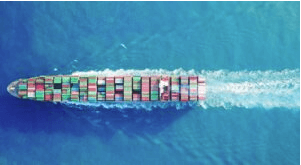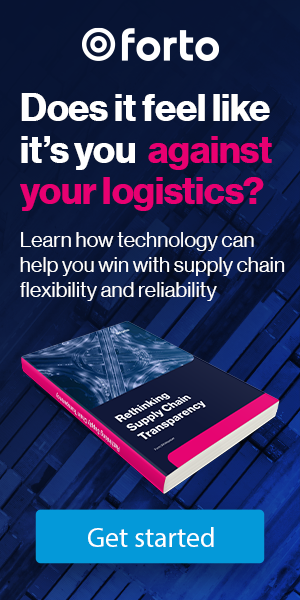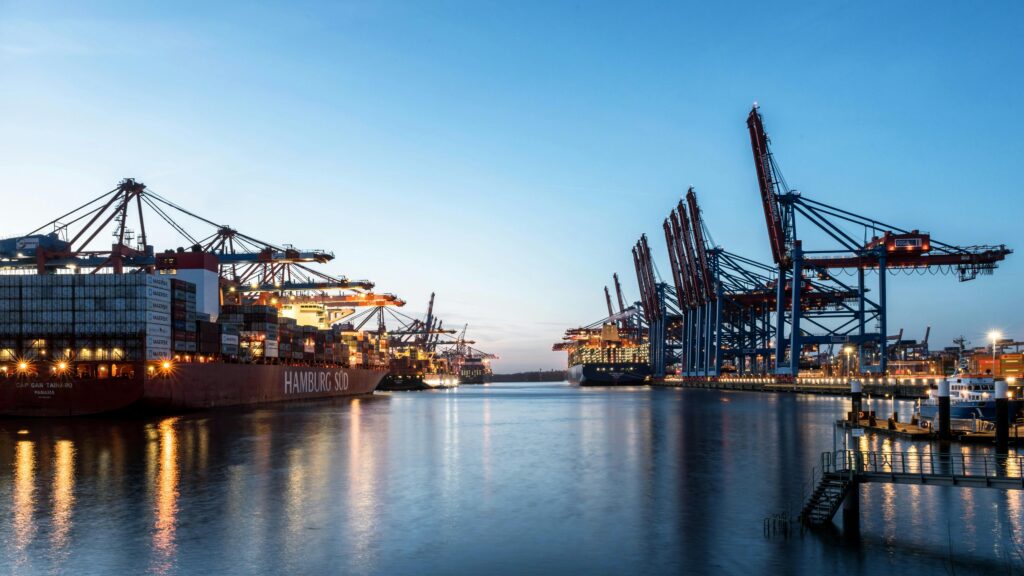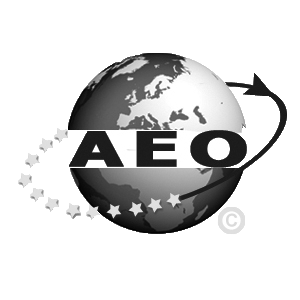-
When looking for trustworthy suppliers, you should take your time and seek support.
-
Finding the best and cheapest transport route is time-consuming if you don’t know your way around.
-
Deal with the customs formalities – also to be able to calculate your sales prices exactly.
Building up an e-commerce site and running it profitably is hardly possible today without importing goods from China. Manufacturers in China often produce articles much cheaper, so the profit margins in sales are therefore higher. If you want to import goods from China to Germany and sell them here or in the EU, there are a few things you have to consider. Here are five tips:
1. Find Trustworthy Suppliers
You know what you want to sell, you have a clear idea of the quality of the items and you are looking for someone to produce them. This is not so easy if you have no contacts in China and don’t speak Chinese. Of course you can start by looking at the websites of the suppliers in question and find out who they already supply. The suppliers may even provide references so that you can contact these customers and obtain further information. However, personal contacts are better. We at Forto can help you with that.
We have offices in China and know who works and delivers reliably, or we can find out which manufacturers in China produce to European standards. After all, what good are articles that you are not allowed to market here? Remember: You are liable for the quality of the products you sell if you have imported them into the European Economic Area from a third country. In case your customers are not satisfied with the goods you have ordered, for example because they have quality defects, you must find a solution in advance with your suppliers so that they send you a replacement as soon as possible. To avoid keeping your customers waiting, it can be useful to keep some items in reserve for such cases.
2. Transport Planning: Timing is Everything
When transporting goods from China to the EU, you should look for a logistics company that is familiar with the different transport routes and, if necessary, combines transport routes. The cheapest and fastest transport option for you is best found from providers with digital platforms. You can compare different dates, prices and means of transport and book the best option for you directly online: it’s as easy as taking a flight on holiday.
For sole traders who do not import the same amount of goods, it is often difficult to find the right carrier, negotiate good prices and trace the route of the goods. You should therefore look for a logistics company that can take care of these steps for you or make transport planning as easy as possible.
3. Your Price Calculation: Import Duties and Financing
Remember that if you import goods from a country outside the EU, import duties are levied, not only on the value of the goods, but also on the shipping/transport costs to the place of arrival in the EU, packaging costs and insurance fees. There is no uniform percentage for the import duty: the so-called duty rate depends on the product group to which your goods are assigned. In some cases, excise taxes (for example for tobacco products) and of course the import sales tax are added to this, but you will get it back, because you have to add the sales tax to your sales price and thus pass it on to your customers. Nevertheless, you have to pre-finance the import sales tax, at least if there is no possibility to postpone the tax payment by fiscal taxation (more about this here). Depending on how often you have to report your sales tax to the tax office each year, this can lead to liquidity problems as you usually don’t sell all items immediately.
You have to consider all these costs in your price calculation so that you do not make a loss when selling your goods. The best way to calculate whether you can take part in the price war within your segment is to order from the manufacturer of your choice and include the additional costs and your profit margin in your sales price.
4. Shipping Documents: So You Get What You Ordered
A number of documents are also required for import from China. If your goods are transported by sea freight, you will need either a Bill of Lading (also known as a bill of lading) or a sea waybill. The bill of lading not only certifies the type of goods transported, it also serves as a title deed. Such a Bill of Lading is usually useful if you do not pay for your goods in advance. This is because the sender remains the owner until full payment has been received. An ocean bill of lading, on the other hand, is usually sufficient if the ordered goods have already been paid for.
In addition, a commercial invoice and a packing list for import from China are necessary. If you do not want to do the customs formalities yourself, but leave this task to a third party (for example Forto), this person/company will need a customs power of attorney from you.
5. Customs Procedure: Annoying, But Necessary
As a trader, you probably want to concentrate on selling your goods, but when importing from China, you cannot avoid taking care of the customs formalities. For example, you need an EORI number if you file at least ten customs declarations per year. This number identifies your company to the customs authorities. Your goods also need a customs tariff number which tells the authorities, among other things, which product group your items belong to. This number is used to calculate the rate of duty that you have to pay on your customs value (value of goods + packaging, transport, insurance). Also important is the HS code (the first six digits of the customs tariff number), which can also be used to determine the customs rates for your goods in non-EU countries.
You must declare your goods to customs upon arrival in Germany or the EU. However, you don’t need to worry about this personally if, as mentioned above, you give a third party customs authority.
Forto specializes in importing goods from China. We take care of both the logistics and all related formalities. Do you want to know more about our services? Find out more about our support for e-commerce traders here. Or you can contact us directly here.







